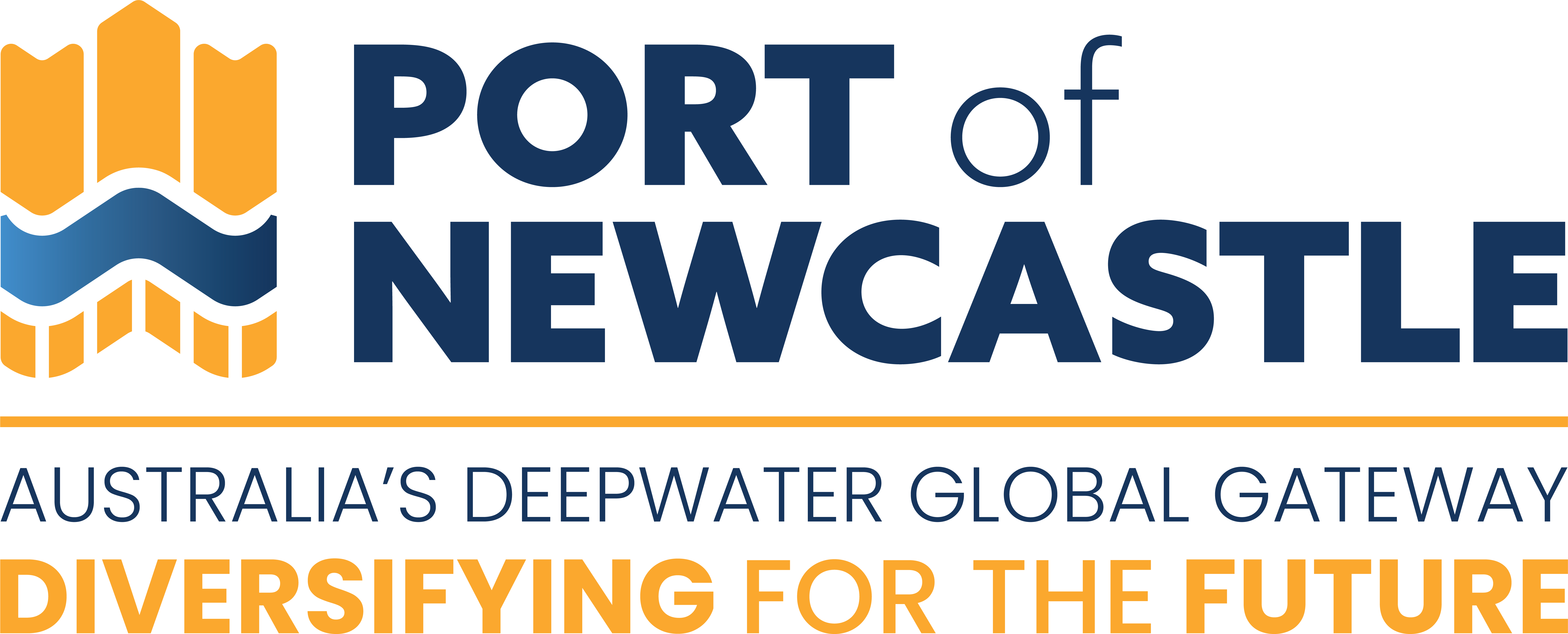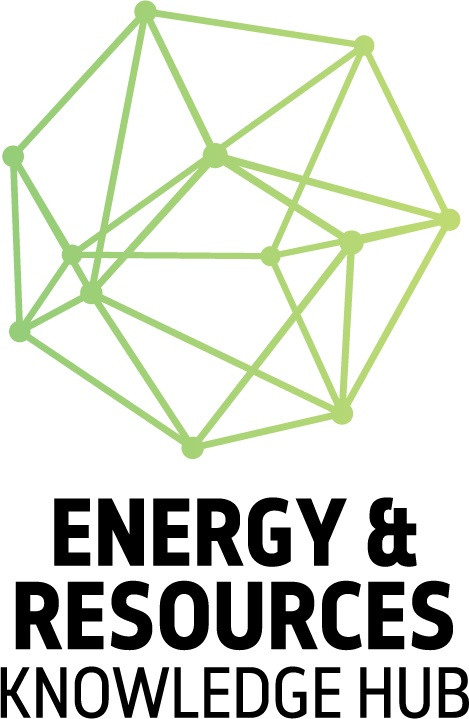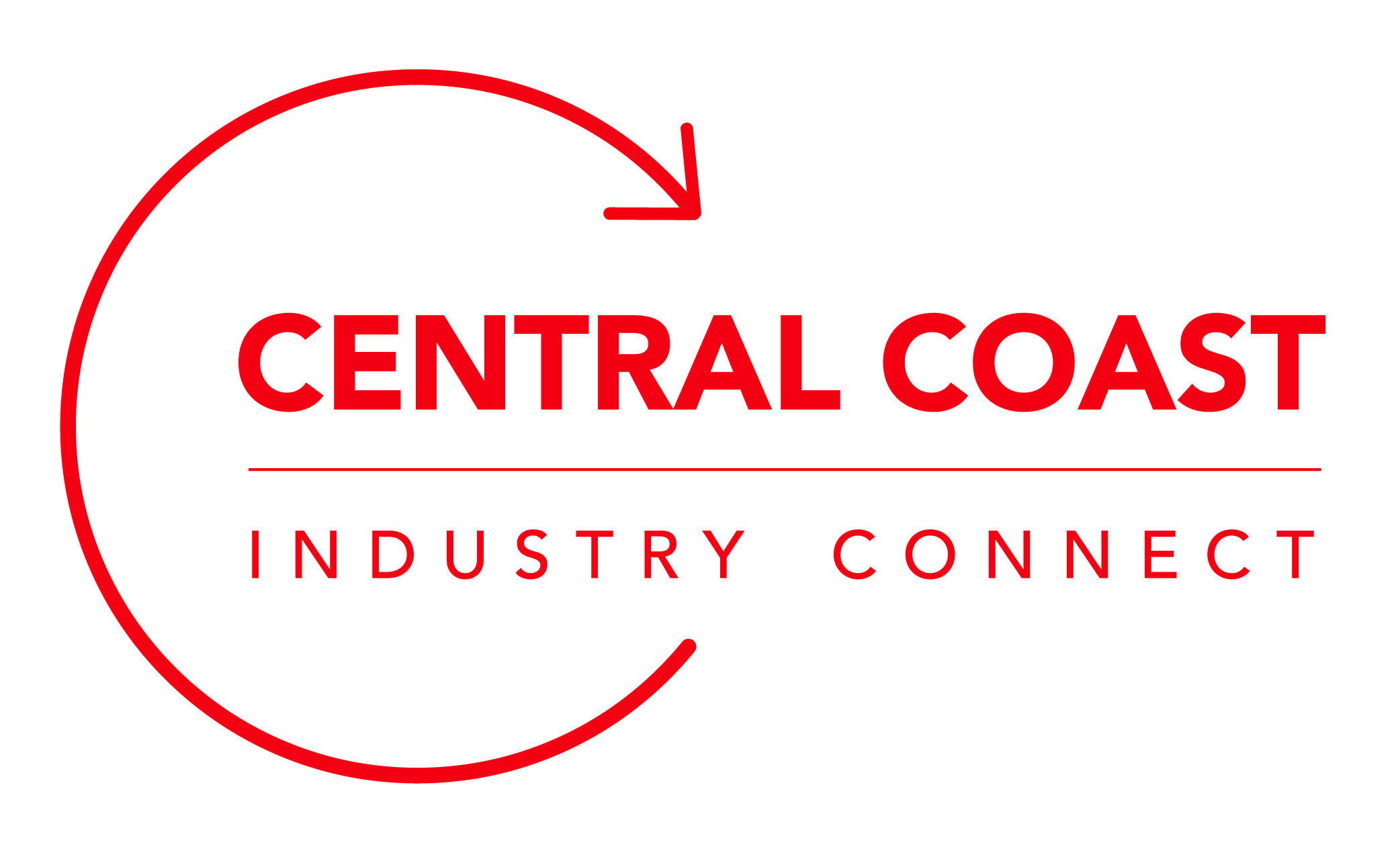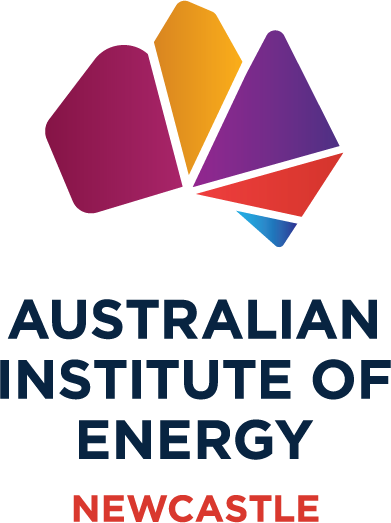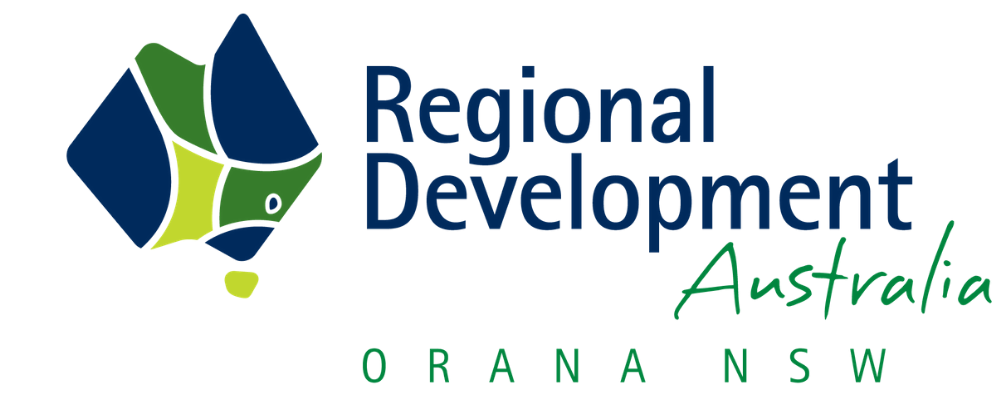Commercialisation of clean energy research one focus of new $2.2 billion Federal commitment
As part of the package, a $1.6 billion economic accelerator will turn Australia’s leading research into world-beating businesses

Australia’s Economic Accelerator (AEA) features as part of a $2.2 billion package to focus the commercialisation of the six national manufacturing priority areas – resources and critical minerals, food and beverage, medical products, recycling and clean energy, defence and space – bringing the country’s brightest business and academic minds together.
Together with a new $150 million expansion of CSIRO’s Main Sequence Ventures, the AEA will reshape research funding to emphasise projects with high potential for commercialisation that are directed at National Manufacturing Priorities and industry engagement.
The Prime Minister said the AEA would invest in projects as they progressed through the stages of their development.
“Stronger commercialisation of research and ideas will mean a stronger economy and a stronger future for Australia,” the Prime Minister said.
“This is about funding projects to bridge the ‘valley of death’ where early-stage research is often not progressed due to higher levels of risk and uncertainty.
“The AEA will drive our universities and businesses to work hand-in-glove through the stages to prove projects’ viability and potential.
“Expanding the CSIRO’s Main Sequence Ventures program then takes this further, incentivising the additional venture capital investment support needed to progress innovative new products and technologies through to market to become the new businesses and employers of the future.”
The AEA will become a crucial support for innovating new projects with high commercial potential in two critical stages of experimental development: proof of concept and proof of scale, taking a lot of the risk and uncertainty for universities out of the equation, according to Acting Minister for Education and Youth Stuart Robert.
The competitive funding will be available in levels, with stage one involving grants up to $500,000.
In stage two, the number of applicants will diminish and the value of the funding to each will increase up to $5 million co-investment. Recipients will be required to engage industry through in-kind support or even co-location.
At stage three, up to 50 companies will be supported through the Main Sequence Venture, with the provision of $150 million in two successive co-investment funds.
Minister Robert said the Morrison Government would also invest $296 million in industry focused PhDs and fellowships to support its research commercialisation goals and drive greater university-industry collaboration.
“This new scheme will generate 1,800 industry PhDs and over 800 industry fellows over 10 years to fundamentally reshape the workforce of Australia’s universities,” Minister Robert said.
“PhD students will benefit from the experience of undertaking research within industry settings, creating employment pathways beyond academic roles.
“Industry will benefit from the opportunities to host PhD students, bolstering their ability to harness ideas and concepts for innovation, as well as to open the pathway to the recruitment of high-calibre graduates. This will be further enhanced by a new suite of ARC Fellowships that will recognise and reward our academics who collaborate with industry, helping to drive the translation of their research, creating new pathways for their work.
“These initiatives will change the culture and the focus of research across Australia’s universities – building greater engagement with industry and ensuring that innovation is at the core of our economic future as a nation.”



